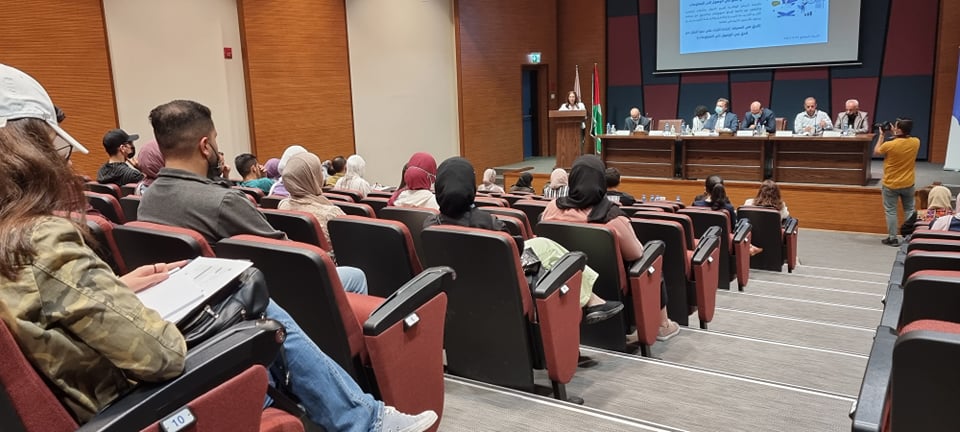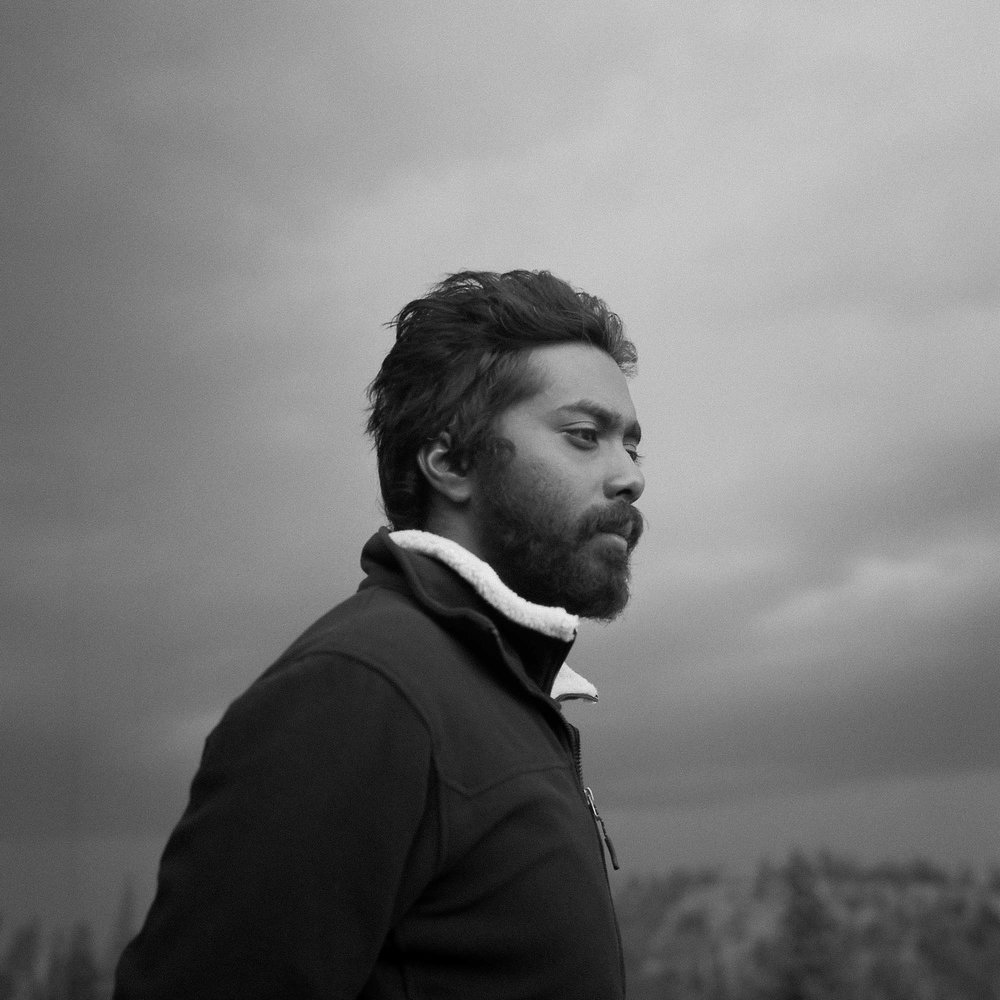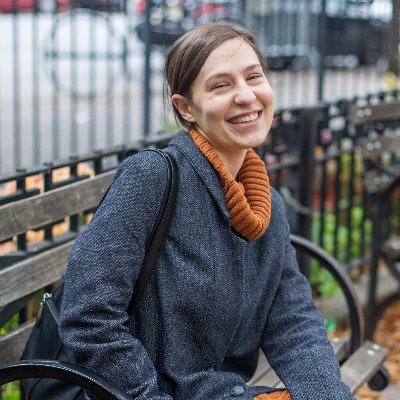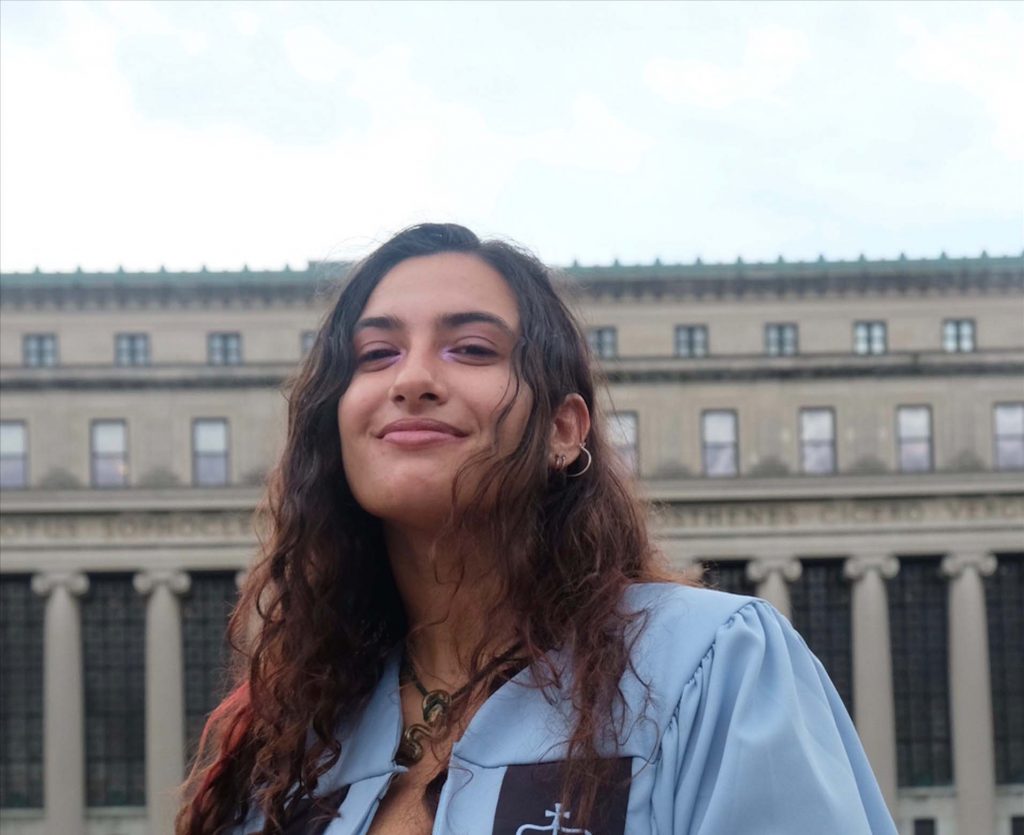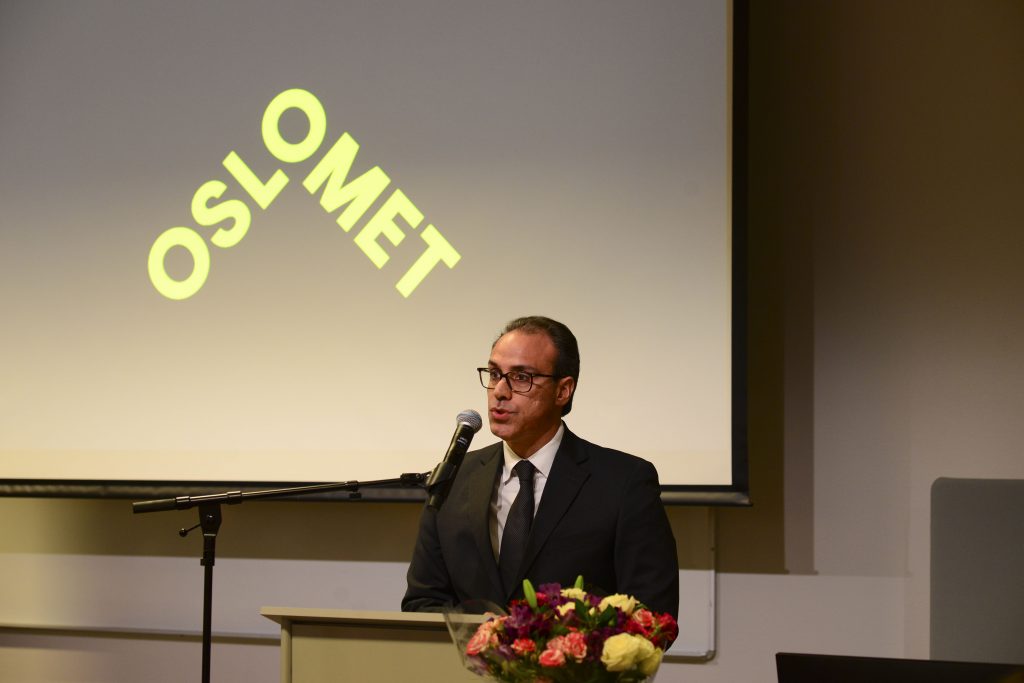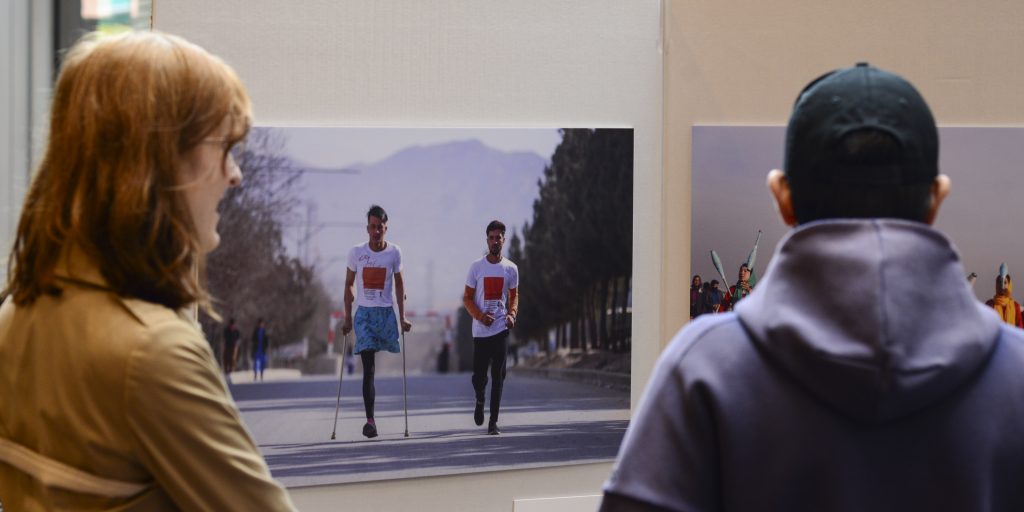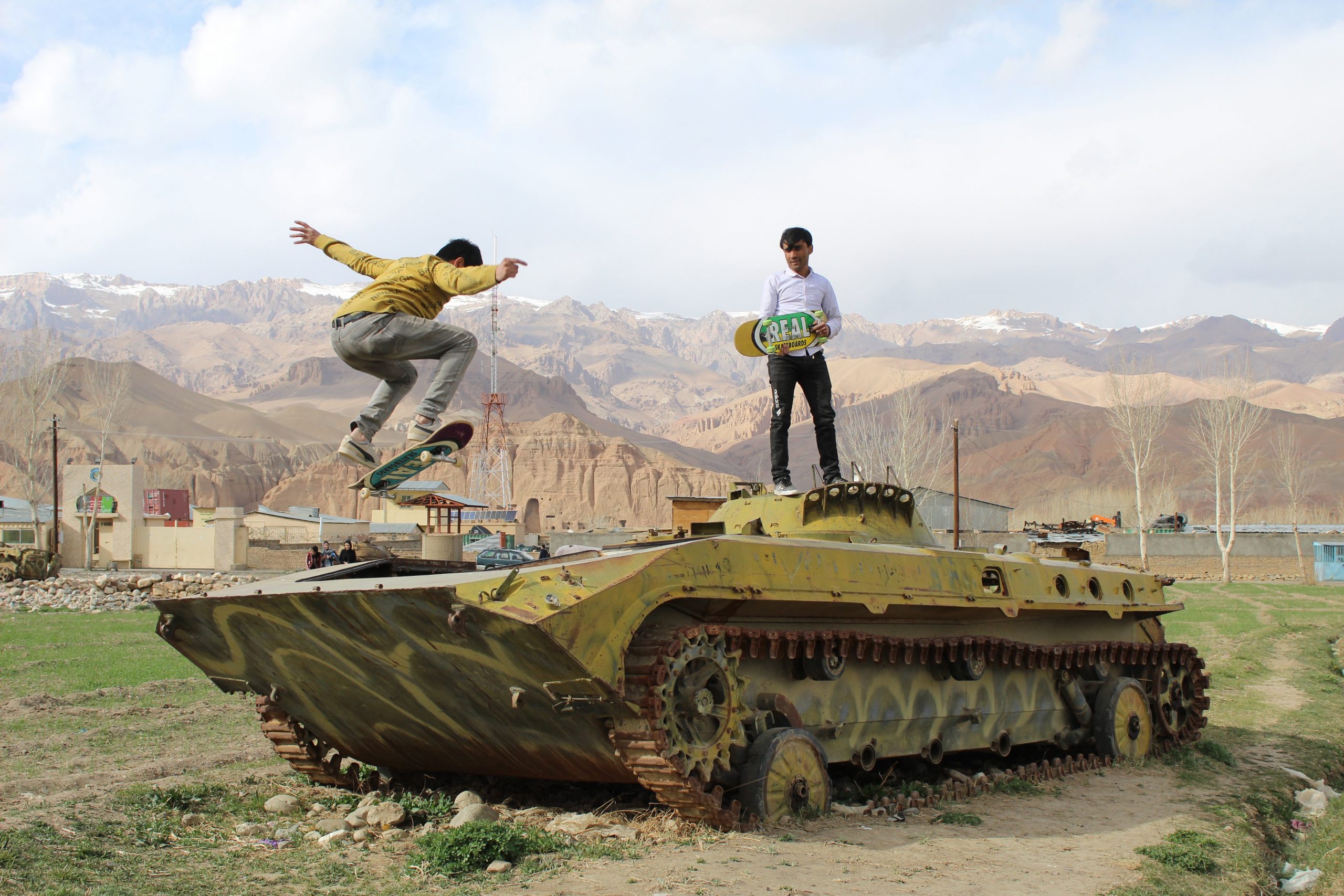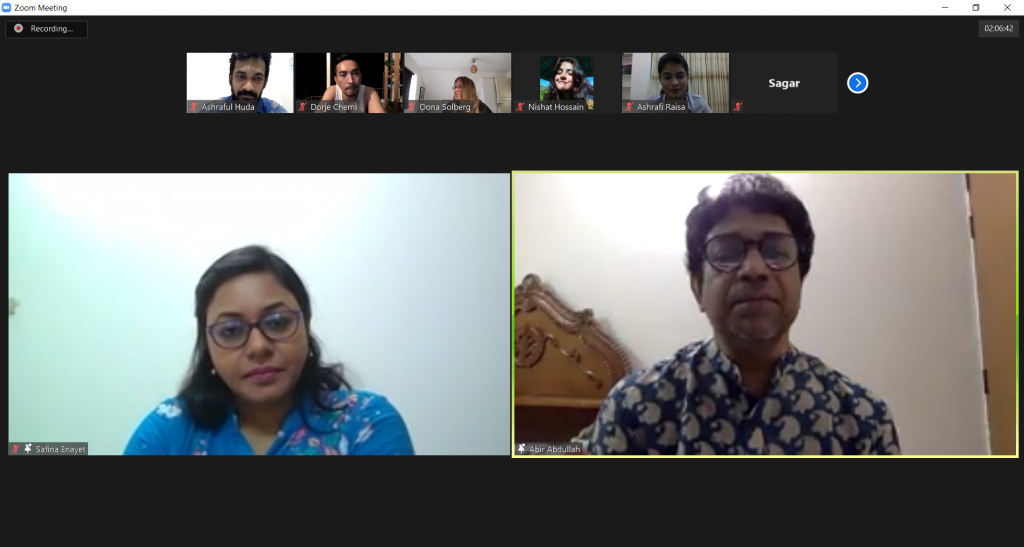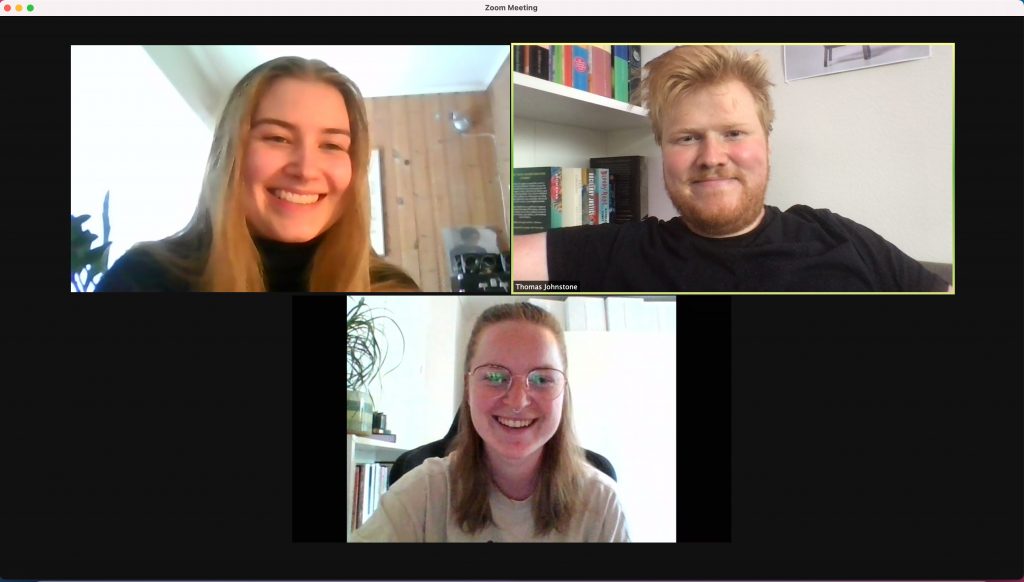Recommending access to information
Seven recommendation were the result of an event at An-Najah National University in Nablus in Palestine September 29th2021: The Right to Know: Building Back Better with Right to Information.
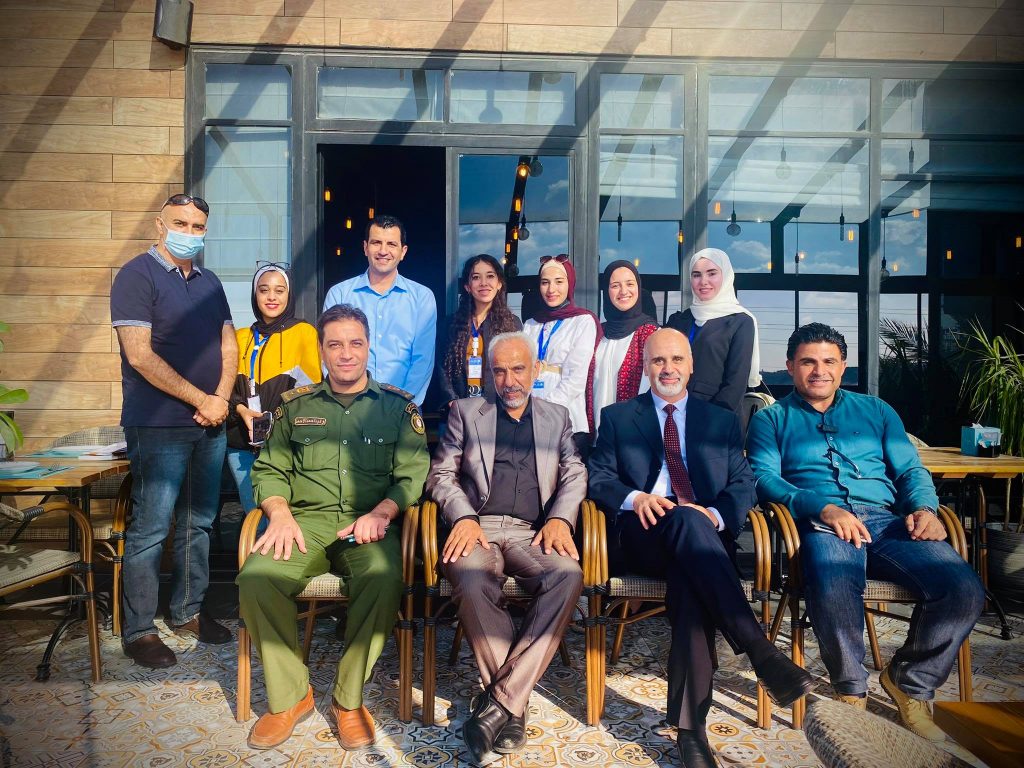
The Department of Communication and Digital Media at An-Najah National University organized the event at the University Campus in cooperation with UNESCO and JMIC.
The aim was to commemorate the International Day of Access to Information, celebrated by UNESCO and partner institutions in the world every year 28 September.
The event included three sessions with the Vice President of An-Najah University, Dr. Abdul Salam Al-Khayat, Director of the UNESCO Office Representative of UNESCO in Palestine, Ms. Noha Bawazeer, Deputy Representative of Norway in Palestine, Mr. Erling Hoem, and the representative of the Palestinian Ministry of Information, Mr. Nasser Jawabreh, and the representative of the Palestinian Journalists Syndicate, journalist Jaafar Shtayyeh.
The second and third sessions hosted a number of academics in the field of media from various Palestinian universities and a number of journalists: Mr. Ayman Al-Masry from An-Najah National University, Mr. Amin Abu Warda, Director of Asda’a Press Office, and Mr. Salah Abu Hassan from Hebron University Ms. Hanadi Dwaikat from the Arab American University, journalist Ali Daraghmeh, editor-in-chief of Madar News Agency and Mr. Saleh Musharaka from Birzeit University.
At the end of the event, the speakers came up with the following recommendations:
- Establishing mechanisms to communicate with the Council of Ministers about the outcomes of the event, and working on issuing a law on the Right of Access to Information.
- Inclusion of the concept of the Right of Access to Information within the educational curricula of media faculties in Palestinian universities, and in media education programs at schools, and striving for the right to obtain information to be a culture in the society.
- Develop clear protocols for the relationship between media institutions on the one hand, and between community institutions and ministries on the other hand, to regulate the process of information flow, ensure its access to the public, and prevent the monopoly of information, in a way that guarantees the public’s right to benefit from information, and achieves the principle of transparency, integrity and accountability.
- Strengthening the relationship between media colleges and journalists, linking the educational process to the reality of journalism to enhance the concept of the Right of Access to Information among future journalists, and enhancing cooperation between academics and journalists in this field.
- Establish mechanisms to continue efforts to issue the law of the Right of Access to Information, so that these efforts do not remain seasonal.
- Emphasizing that the Right of Access to Information goes beyond legal texts to include ethical aspects by instilling a culture of the citizen’s right to obtain information that contributes to the process of sustainable development and achieving freedom, prosperity and democracy.
- Organizing training workshops for students of the media and related sectors on the right of access to information, to deepen understanding in this field, and to open up broader horizons for translating this right on the ground.
